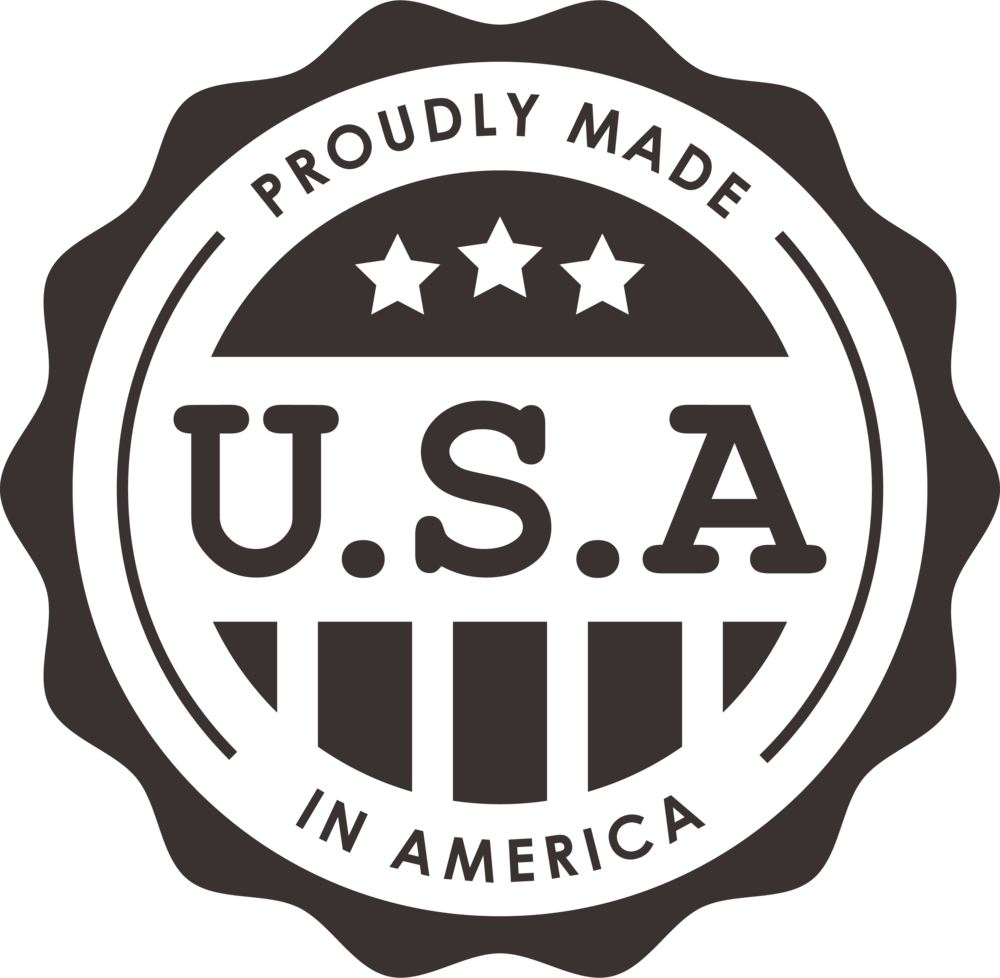What sustainability means to us
Sustainability is not new to our Amish manufacturing partners. It’s been a way of life since the first Amish emigrated to America. These immigrants formed small communities based on creating a sustainable agricultural economy. Taking care of the land and natural resources was “common sense.”
Here’s what that commitment to “common sense” means today in these critical areas.
Supply Chain
Our supply chain is short with most everything we need coming from within 150 miles. Contrast that with most of the furniture industry’s supply chain. Vietnam has now surpassed China as the largest exporter of furniture to the US. In 2019, the US exported $350 million worth of hardwoods for furniture to Vietnam – much of it from Tennessee. A Tennessee log first moves to a port, typically Norfolk, Virginia, some 500 to 600 miles away. From there it is 13,400 statue miles, via the Panama Canal, to Ho Chi Minh City, Vietnam. Finished furniture then travels an additional 8,300 statue miles back to the US (Long Beach, CA). If it’s heading to Chicago, add another 2,000 statue miles. That’s a total trip of almost 24,300 miles, propelled by fossil fuels every mile.

Forestry Operations
Our hardwoods predominately come from privately owned woodlots in Ohio and certainly within 150 miles. These woodlots are selectively cut every 10 – 15 years to harvest storm-damaged, diseased and mature trees that are shading out the growth of younger, smaller trees. Trees are a vital carbon sink and harvesting them for high quality furniture locks that carbon in for generations. However, in an unmanaged forest, storm-damaged and diseased trees will eventually fall to the ground, damaging and hindering new growth, but even more importantly releasing carbon back to the environment.
Our purchases provide a financial incentive for land owners to manage/retain woodlots, benefiting the environment and wildlife.
While most hardwoods regenerate themselves from stump spouts or root suckers, we are committed to planting one tree for every dining set sold. Currently that means a financial contribution to American Forests, but we are seeking reforesting opportunities in Ohio.

Manufacturing Operations
Most Amish furniture shops are located on the owner’s homestead, employing up to a dozen or so of their adult children and nearby neighbors. Employees walk, pedal a mechanical or battery-assisted bicycle or ride a van to work. Wages typically start at $15 to $18 an hour and range up to $30 an hour depending on skill and experience. In contrast, Vietnam furniture makers average about $235 per MONTH.
Finishing
We use water-based, non-toxic stains and a low odor (low Volatile Organic Compound) sealer. We are evaluating water-based sealers but we don’t want compromise protection on spill-prone tabletops and chair seats.
Shipping
Our focus is flat pack shipping and its benefits to you and the environment. A 68% reduction in space taken up in a truck means less trucks on the road. Smaller packages also take less packaging material; and are easier for you to handle and to get into your home.
We're not finished!
We want to eliminate “throwaway furniture.” We’re doing the first step by crafting high quality, hardwood
furniture that will last for years. Next is developing a FlatJack Buy Back program and a FlatJack Exchange for pre-loved and refurbished furniture. Your thoughts and questions are welcome at founder@FlatJackUSA.com
